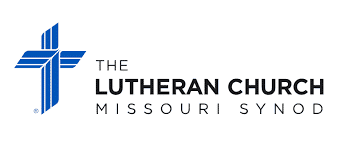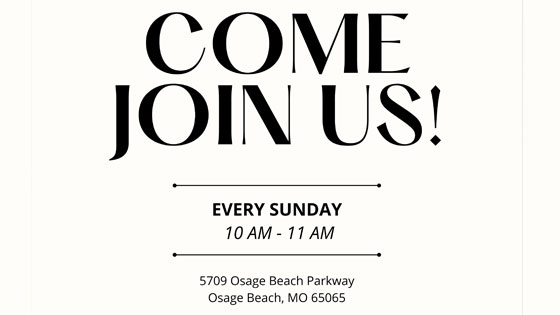#DailyDevotion The LORD’s Word Is Our Praise
Psalm 119 41O LORD, may Your mercy come to me; save me as You promised (imrah). 42Then I’ll have an answer for him who insults me, for I trust Your promise (dabar). 43Never take any of the word (dabar) of truth from my mouth because I put my hope in Your regulations (misphat). 44Then I will continually and forever be careful to do what You teach (torah). 45I will walk in freedom because I have studied how You want me to live (piqqud). 46I will speak (dabar) of Your written truths (edah) before kings and not feel ashamed. 47I delight in Your commandments (mitsvah), which I love; 48I stretch out my hands for Your commandments (mitsvah), which I love, and meditate on Your laws (choq)
As we all should, the psalmist appeals to the LORD’s mercy (chesed) based on His promises. Imrah, which also can be translated word, has the strong connotation of promises. Martin Luther, in his, “A Simple Way To Pray,” encourages us to use God’s Word when we pray. We say back to God what He has said to us. When the LORD does to us according to His promises then we have an answer to those who insult us as we trust in His promise (dabar is a general word for word and here is used as a synonym for imrah).
In verse 43, dabar is used in a much broader sense of word, the word of truth. The word of truth is every word that comes from the mouth of God. He asked that this word would not be taken from him because he puts his hopes in the LORD’s misphat/regulations. These regulations are the insistent will of Israel’s LORD. One of the LORD’s punishments for sin is to remove His word from our midst. We need to consistently pray the LORD to keep His word among us and on our lips.
The LORD answering this one petition leads us to then carefully follow all that He teaches/torah us. Torah is the broadest word for God’s instructions to us. We as Christians would particularly look to the Gospels to hear all our LORD Jesus Christ would have us to believe and do. While the world, shrouded in darkness, thinks the way of the LORD is constricting, we know the piqqud/”way of living”/”detailed rules of life” are true freedom from the bondage of sin and selfishness. There are plenty of details of how our LORD Jesus Christ wants us to live in the New Testament and if we have any questions, we can always refer to the Old to see if there are any specifics there. The overriding principle is love for the neighbor and less for the self.
Jesus told His disciples they would speak before kings. The psalmist has no problem with speaking the stipulations of the covenant God made with Israel. We should have no problem proclaiming the New Covenant Jesus made with the world. He has given and shed His body and blood so our sins may be forgiven and we may be His people and He our God.
Mitsvah, the expressed will of the LORD to His people in the form of commandments, is the delight of the psalmist. They should be the delight of all who put their faith in Jesus. His will for our lives should not be odious or a burden. He tells us in Matt. 11, “30My yoke is easy, and My load is light.” If we think Jesus’ way is hard and heavy, perhaps we need to rethink our faith in Him. To stretch our hands is to worship, the psalmist does so the LORD’s mistvah. This is good and proper because they are not a part of creation but belong to the divinity of the LORD. His commandments/mitsvah should be our love as well. We see His good will for us expressed in these. The psalmist meditates on all the written commands of the LORD flowing from his love for the commandments/mitsvah. We too are called to ponder, meditate and chew on all the LORD Jesus Christ has given us to do as His disciples. Through His word, He renews and conforms us to His image and likeness.
Merciful God and Father, may we have the same love and devotion towards all Your Word given to us in the Holy Scriptures as shown in this Psalm. Increase our fervor to think, ponder, meditate on and do Your will to the glory of Your Son, Jesus Christ, in whose name we pray. Amen.


